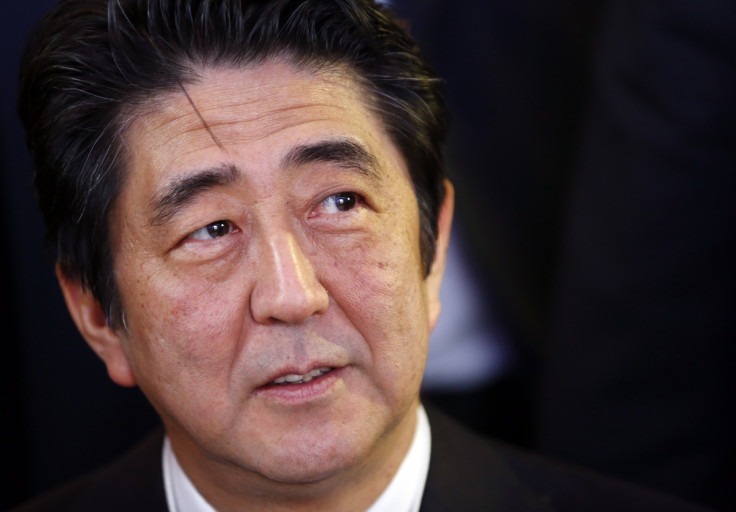Japan rejected 99.6% of refugee applications in 2015, accepting only 27 people

The Japanese government has declared that it rejected 99.64% of refugee applications in 2015 and granted asylum status to only 27 people. This is the lowest amount of any of the G7 countries, which includes Canada, France, UK, Italy and Germany.
Japan's justice ministry said it received a total of 7,586 refugee applications, a record for the country. But despite the bloody civil war in Syria, only five refugee applications were received from that country, of which only three were accepted.
Although people from 69 nationalities applied for asylum in 2015, Nepalis made up the biggest group of applicants at 1,768, mostly due to last year's deadly earthquake which crippled the Nepal's economy. The number of Indonesians however, showed the most significant jump from a 17 applications in 2014 to 969 in 2015. Applications from Turkey and Myanmar were also high at 926 and 808 respectively.
Japan, which has always been criticised for its approach towards refugees, said it did its best and the number of granted applications rose from 11 in 2014 to 27 last year. Japanese human rights organisations have however, called for the Shinzō Abe-led government to recognize more asylum seekers in times of the migration crisis.
"Japan will always be criticised as a country that pays money, but is closed for refugees," said Eri Ishikawa, chairwoman of the Japan Association for Refugees (JAR) to Japan Times. On 20 January itself Japan's parliament approved $350m (£245m, €231.5m) in humanitarian aid for Syrian and Iraqi refugees in addition to the $810m (£567.74m, €750.1m) package approved last year.
Last September, the UN General Assembly asked Abe if Japan would be welcoming in accepting refugees. The prime minister told reporters that Japan first needed to improve conditions for its own citizens, especially women and the elderly, before tackling the issue of refugees.
© Copyright IBTimes 2025. All rights reserved.





















